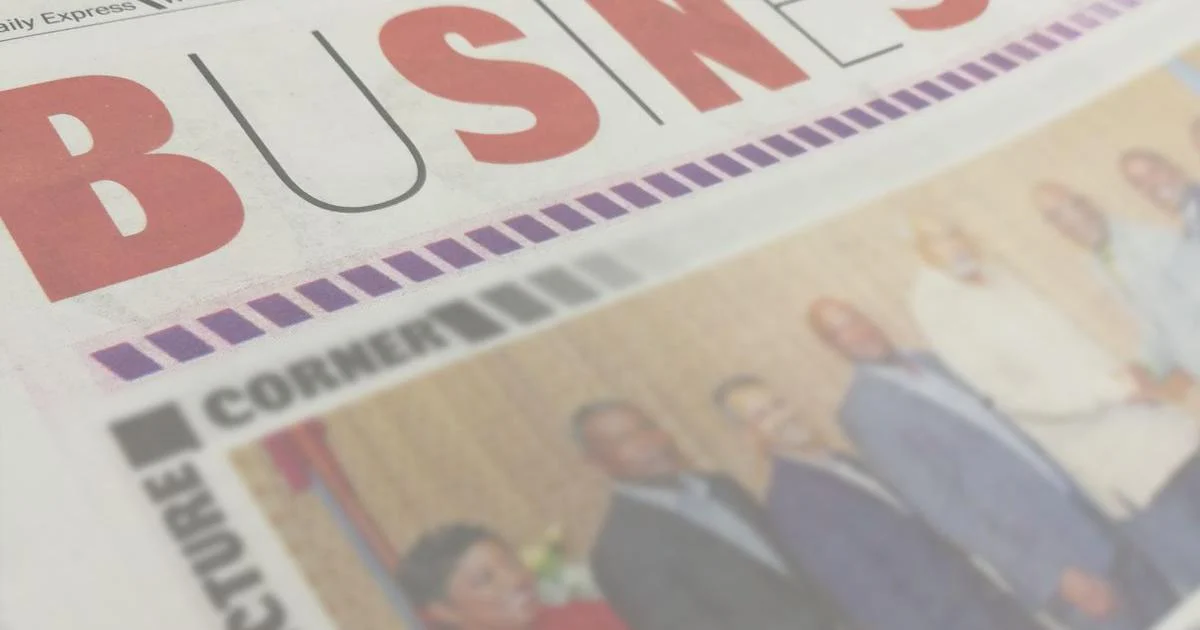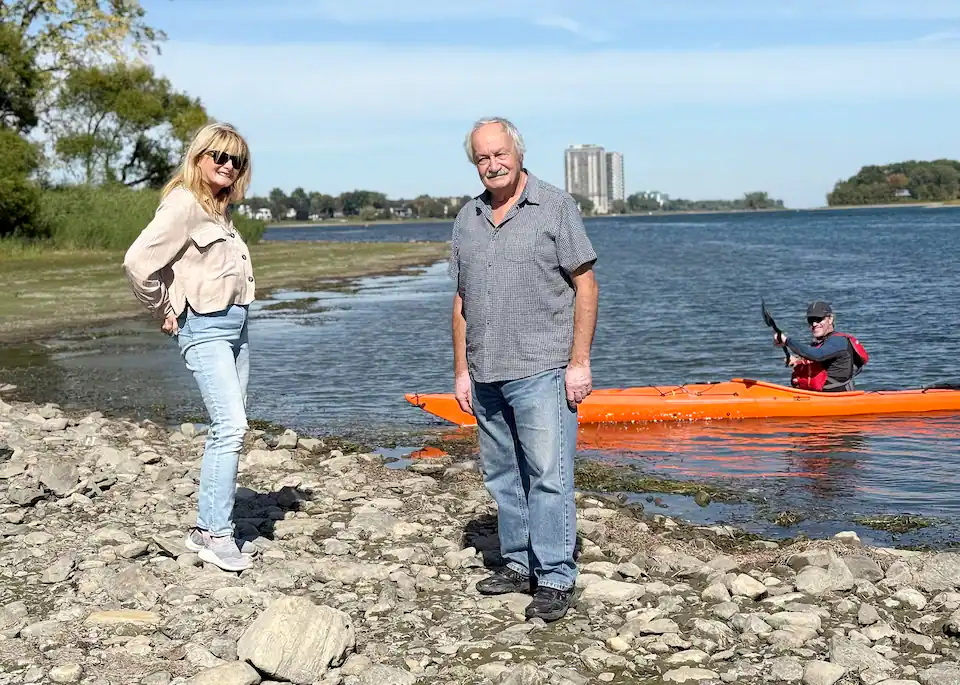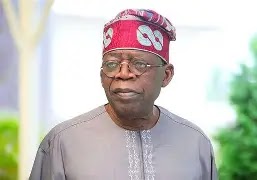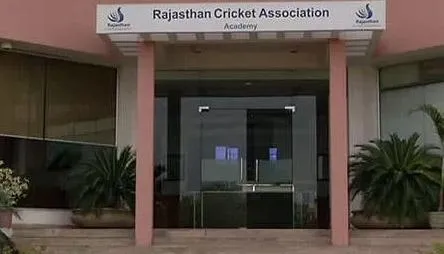Copyright trinidadexpress

CABINET has approved plans for a new rum distillery in the country, a move Minister of Planning Kennedy Swaratsingh says will help boost direct investment in Trinidad and Tobago. “There was a time that we envisaged an international financial centre; there was a time that we envisaged a lot more direct investment coming into Trinidad and Tobago. Now we are moving into that space at a rapid rate. You would have seen that Cabinet has already approved that there is an investment coming into a rum distiller,” Swaratsingh said. He made the comment while addressing the T&T Stock Exchange’s Capital Markets and Investor Conference at the Hyatt Regency, in Port of Spain yesterday. Attempts to obtain further details on the planned distillery from Swaratsingh, however, proved futile. The Express understands that Cabinet has approved the distillery proposal, which includes an initial US$50 million investment and is expected to generate 1,500 to 2,000 jobs. Swaratsingh said that the World Bank is expected to visit the country next week, along with their legal officers, to finalise the agreement for the establishment of a permanent World Bank office in Trinidad and Tobago. Swaratsingh also highlighted the revenue potential of various state-owned assets that were not being fully realised. “I lament the fact that when you look at things like UTC (the Unit Trust Corporation), UTC is a $20 billion institution. Take Chaguaramas, Chaguaramas, a peninsula, is a significant real estate asset sitting there, no revenue. There are ways in which we have to start looking at these things and seeing them for the revenue potential that they can be,” Swaratsingh said. “So when we talk about diversification, we have always had a diversified economy. We have just never paid enough attention to many of the areas that we need to focus on, and that is what we are going to bring now: increased attention, increased focus, and a commitment to drive some of these things over the next five years, and trust me, we are going to drive it,” he said. Swaratsingh said that in his 15 years living outside Trinidad and Tobago, he saw many islands do “plenty with little”, and he lamented the fact that we have still done “little with plenty”. “And it isn’t because we don’t know better, it isn’t because we don’t have the capacity to do better. It is because many of us have become complacent, we accept the status quo, and we are content for the Government to be the first to make the investment, start the project, and create the initiatives,” Swaratsingh said. “We have come to a crossroads in our own development, where the hydrocarbon sector will not give us the fiscal space we need. Our debt-to-GDP ratio is far too high. The government can no longer be the buy all and the end-all in our society. This invitation to the private sector, like the one outlined in the budget that the Minister of Finance would have read, seeks to bring balance, open a new wave of engagement, and create space for you to come in to,” he said. Swaratsingh said the urgency to act is now, and that we cannot wait. “In fact, as an old priest I will tell you that there two kinds of people in this world, there are those who wait on the future, and there are those who create the future. This budget, this Government, this Prime Minister, this Minister of Finance, this Minister of Planning is intent on creating a future,” he said. “There are things that we actively have to do. We have to widen our capital market even if that means looking to partner with other stock exchanges in the region. We have to widen our capital base, in fact as you know there are many investors…there used to be a time when Trinidad was doing a lot of investing and growing through acquisitions in other countries,” Swaratsingh said. Swaratsingh said the proposal in the budget to establish a Real Estate Investment Trust (REIT) in Trinidad and Tobago is just the start. During the budget presentation, Finance Minister Davendranath Tancoo said the REIT would be created to democratise State-owned assets, strengthen and diversify the capital market, and broaden public participation in national wealth creation. “The Real Estate is just the start. We have no choice because while we may not have the revenues we used to have, we still have a significant amount of assets and we still have a significant amount of liquidity in the system,” Swaratsingh said. “I am thinking that there is great opportunity that lies just ahead of us for all of us to come into this space and to own it,” he said.



